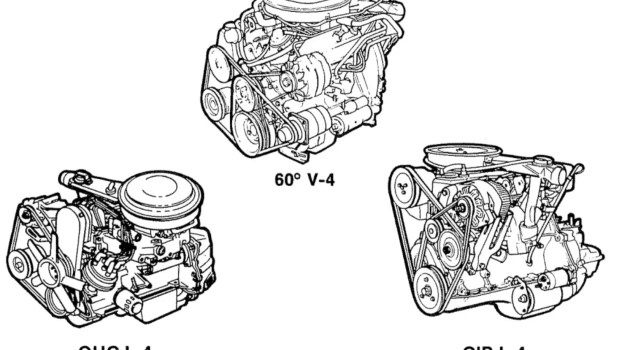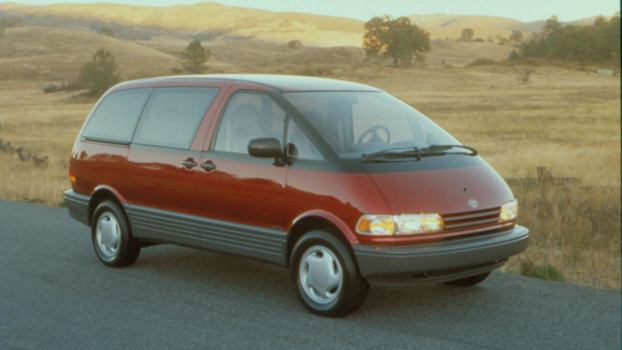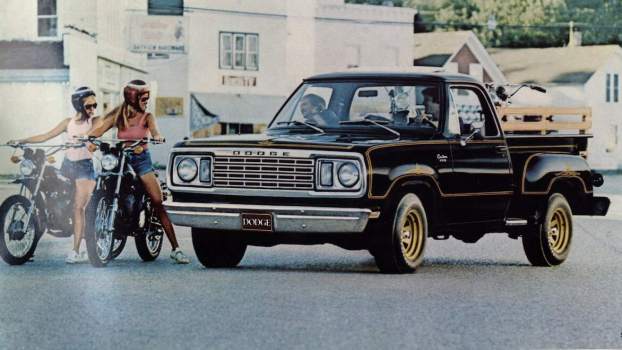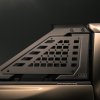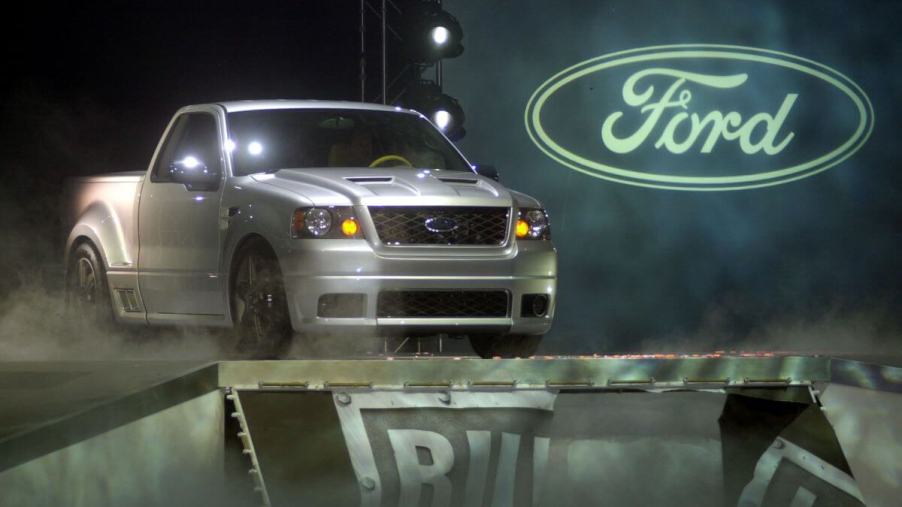
Not All 5.4-Liter Triton V8 Engines Are Created Equal
Over the years, a variety of engines have been put into Ford F-150 trucks. From 1997 to 2010, one of these engines was the 5.4-liter Triton V8. Depending on your experience, you may love or hate this engine. However, one thing is for sure: not every Ford V8 Triton engine is created equally. Some may last 300,000+ miles, while others face premature failure.
What is the 5.4L V8 Triton?
The V8 Triton engine was a power plant placed in various Ford trucks, SUVs, and cars. It was first introduced in the 1997 F-150 and remained an option until 2010. Over the years, the Blue Oval automaker made various changes and improvements to increase performance and fuel economy. Since then, it has earned a reputation for its reliability and longevity.
When the Triton engine was introduced, it utilized a two-valve SOHC configuration. This setup means a compression ratio of 9.0:1, and it’s good for up to 260 horsepower and 355 lb-ft of torque. Overall, the 2V Triton V8 is seen as a reliable engine. However, this is not an American-made engine; production was actually done north of the border in Canada.
By 2003, Ford moved to a three-valve setup in the F-150 full-size truck. Unfortunately, without proper maintenance, that engine is known to have some maintenance problems. Most notable is intake manifold cracking and leaking, but it looks like that can be avoided by staying on top of service.
Is the Triton V8 SOHC or DOHC?
Although there is a DOHC 5.4-liter Triton V8 engine, in the case of the Ford F-150, it only got the SOHC variant. The DOHC Triton engine has a four-valve system, and performance is boosted. However, in terms of trucks, the Blue Oval opted to put that power plant in the Lincoln Blackwood.
If you have a Ford F-150 with the 5.4L Triton V8 engine, it will have a SOHC setup and be either a two or three-valve system. According to Torque News, the 3V Triton V8 can become problematic. Still, it looks like those issues are tied to being maintained poorly.
With higher mileage, the plastic guides can break down. That causes small pieces of debris to lodge between the timing chain and its sprocket. If left unchecked, your Ford full-size truck can face serious engine problems. However, if the issue is caught soon enough, it is repairable at a lesser cost.
The Ford 5.4-liter Triton V8 appears to be a (mostly) good engine
So long as you keep up on proper maintenance, it looks like the Triton V8 can stand up to hundreds of thousands of miles. However, without care and repairs, the reliability of this power plant takes a big hit.
The better engine of the two is considered the 2V Triton V8, but the 3V version has better performance on its side. Even though the 2V might beat out the 3V, it can face spark plug issues. Although, it is worth noting that those problems are easily repairable.
